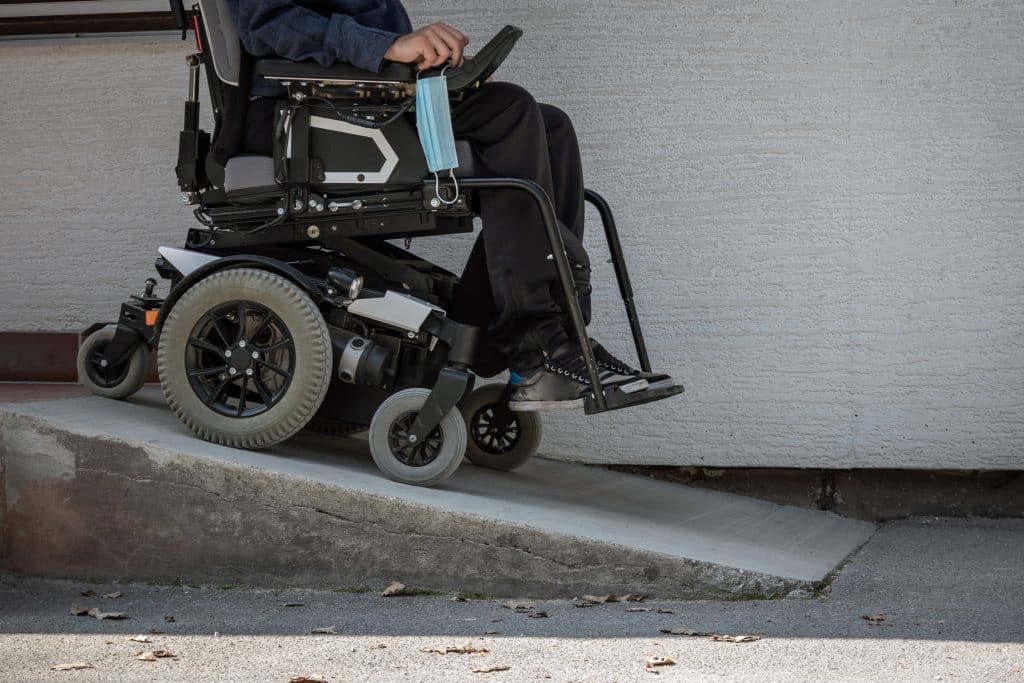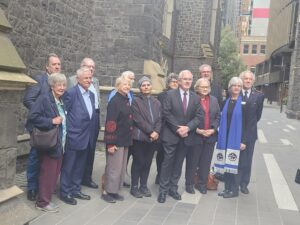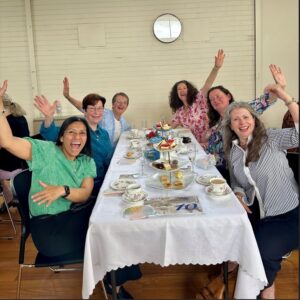
By Maya Pilbrow
5 December 2022
Resources and education are needed to make church communities more accessible, experts and disability advocates say.
Jill Pickering, a disability advocate and parishioner at St Stephen’s Richmond and former occupational therapist, said that while many parishes were supportive of people with disability, basic issues of access were still excluding many.
Following International Day of People with Disability 2022, on Saturday 3 December, Ms Pickering said she was pleased to see positive changes regarding disability access within the diocese, but that there was much work to do to become more inclusive.
Ms Pickering acknowledged the importance of advocacy but said that for people with disability to be able to advocate for themselves, they first needed to be able to access the spaces and communities in question.
She said parishioners with disability needed to be able to get into churches in order to start shaping conversations about accessibility and noted that many churches lacked wheelchair access or appropriate seating for people with physical disability.
Read more: For those often excluded, a place for faith, fellowship and freedom
University of Melbourne’s School of Population and Global Health Associate Professor Nathan Grills said disability access required intentional and active practices of inclusion to avoid passively excluding people with disabilities.
Dr Grills, a public health expert who works in Australia and India with government and non-government organisations, said that disability access was a complex issue frequently exacerbated by poverty.
He said that while raising awareness of disability access was vital, it was equally necessary to provide resources to support changes.
“It becomes empty words if there’s no resources allocated to it,” Dr Grills said.
Ms Pickering said that disability access was often thought of in terms of great financial cost, but that the reality was much more affordable.
She said access for wheelchair users like herself would have additional positive effects for non-disabled people, with ramps being useful for those with prams as well as users of mobility devices such as walkers.
“You can do basic things like a portable ramp for $100,” she said. “Don’t tell me there isn’t money [for that].”
For more faith news, follow The Melbourne Anglican on Facebook, Twitter, or subscribe to our weekly emails.








One Response